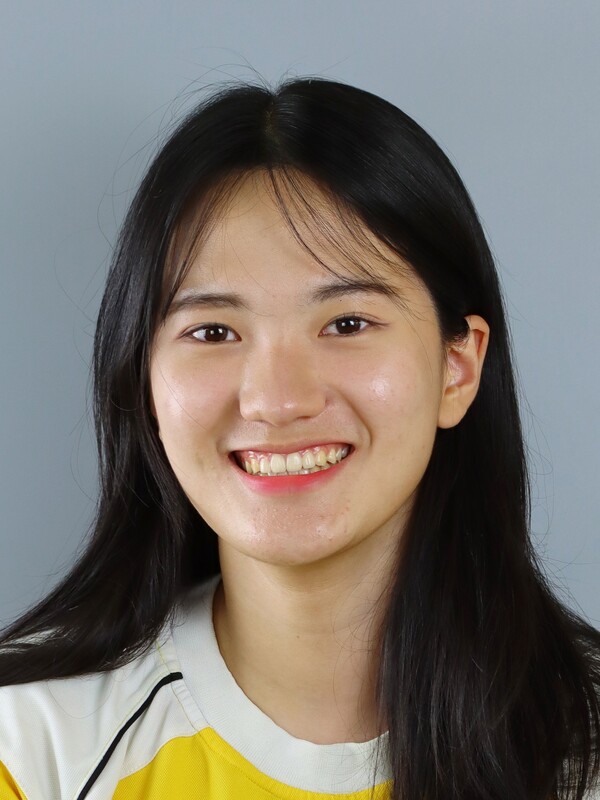![[Pxhere: Chanel. Photo Credit: Pxhere]](https://cdn.heraldinsight.co.kr/news/photo/202306/3209_6603_018.jpg)
The revenue of luxury brands every year in Korea has been increasing significantly, and those brands cast light on a new customer: Korea.
Gucci - a prestigious fashion brand founded in Firenze - recently held a fashion show in a historical Gyeongbokgung Palace in Seoul, Korea.
This move of holding a significant brand occasion is not just recognisable in the particular brand but all the others, including Louis Vuitton, Ami Paris, and Christian Dior.
Increasing over the last few years, the attraction towards South Korea as a global customer has been captivating - alluring - with its account of the growth of the economy and expanding k-cultures.
This article will scheme through the reason for the escalation of attention and engagement of luxury brands on their new marketing target: South Korea.
The race between luxury brands to host their first fashion shows in Korea has been indeed competitive; the significance of this Asian market is becoming highlighted among the marketing analysts and experts.
According to Morgan Stanley, a leader in investment banks and financial services, South Korea lately has stepped up China on their consumption of personal luxury goods per capita.
Koreans spend an average of $325 per capita annually - approximately 430,000 in Korean won.
Stating that the revenue in Korea doubled since the outbreak of the pandemic, Moncler, Cartier, and other brands stressed that the demand for luxury goods in Korea will be augmenting in the future too.
Most of the reason attributed to the success of luxury brands in Korea is due to Koreans’ high value on appearance and social presentation.
Displaying their possession of luxuries and even their level of wealth is considered tolerable or decent, which allows them to assert their social position and avoid people who disdain themselves: establishing excessive pride within.
This perception is rooted in the rapid development of Korea’s economy after the multiple wars during the 20th century.
The massive consumption pattern to “show off” their neighbors and unconsciously gain relief has caused the modern descendants to be drawn into affluent items.
Moreover, this rationale can be linked to the booming K-culture industries called hanryu - especially K-pop.
The so-called “Korean Wave” produces numerous well-known K-pop actors and singers each year; the majority of them are designated as ambassadors of brands.
For instance, a renowned K-pop girl group, Black Pink, acts as an ambassador of esteemed brands such as Chanel, Dior, Tiffany & Co, and more.
The reason for their selection is simple but specific: influence.
Black Pink has been appreciated for their distinct and admirable styles by the public, letting them become the trendsetters of the generation.
Countless people wish their appearance and fashion to look like theirs,which leads to the purchase of products they advertise for even though they might not behold their economic levels or typical consumption patterns.
The pandemic cannot be doubted as a reason.
With the COVID-19 outbreak, trips abroad were restricted, and the public needed a new source of expenditure for respite.
As mentioned above, the revenue from luxury goods increased swiftly after the start of the pandemic: people chose to spend their money on luxury goods instead of planning trips outside their safe zones.
In addition, some people purchased numerous luxury goods in order to overcome the “covid blues” from staying at home endlessly.
Using this chance, brands focused on marketing via online commercials and campaigns, utilising influential celebrities.
All these three big reasons link with each other: the continuous demand for luxury goods for their satisfaction is growing bigger than ever, and many brands now cast light on the new target.
However, should people consider this increased access to momentous fashion events positively?

Chaewon Han
Year 11
North London Collegiate School Jeju

